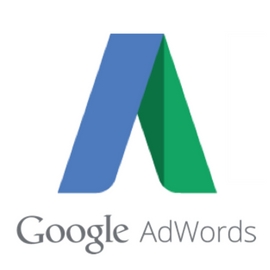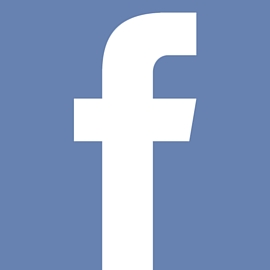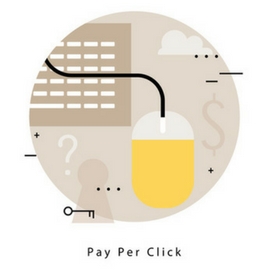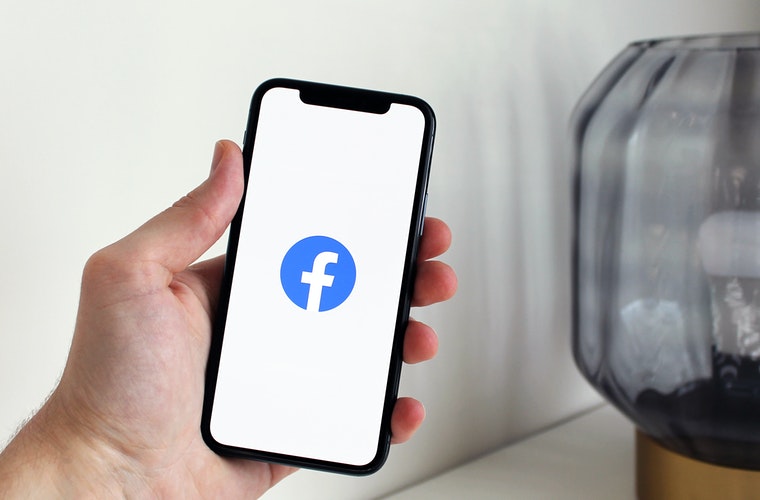Some view Google AdWords and Facebook Ads in an adversarial way. But, in reality, they serve very different purposes. When it comes to advertising, Google and Facebook each have their own strengths and weaknesses.
Below, we’ll outline the key differences between AdWords and Facebook Ads, and how each platform can bring more new dental patients to your doorstep.
How They Work
AdWords and Facebook Ads offer similar features and are based on a similar concept. While there are other options, both platforms primarily use a pay-per-click (PPC) model. Meaning, you pay only when someone clicks on your ads.
However, each platform has its own distinct features. Here’s a basic outline of the two platforms:
 Google AdWords
Google AdWords
For Google AdWords, ad visibility works like an auction. Whether your ad shows up in Google’s search results depends on which keywords you target and how much money you bid on them. These keywords are specific words and phrases included in queries searched by Google users.
You bid on the queries in the hopes that your ads will be displayed above the organic search listings. Your maximum bid and the quality of your ad determine whether your ad will be displayed.
Each time someone clicks on your ad, you pay a fee, hence the name – “pay-per-click” advertising. You can set a daily budget, adjust your keywords, and deactivate a campaign with the click of a button. When evaluating your daily budget, the most important number isn’t just how much you spend. It’s the cost per new patient conversion. How much is a new patient worth?
Facebook Ads
With the highest number of users of any social network, Facebook can be quite lucrative for small businesses that choose to advertise. Where AdWords would be considered “paid search,” Facebook Ads would be considered “paid social.”
U nlike paid search, which allows you to target new patients via keywords they are actively searching, paid social allows you to target prospective patients based on interests and online behaviours. They’re not explicitly looking for a new dentist, but they may happen to need one when they see your ad. It’s “interruption” marketing.
nlike paid search, which allows you to target new patients via keywords they are actively searching, paid social allows you to target prospective patients based on interests and online behaviours. They’re not explicitly looking for a new dentist, but they may happen to need one when they see your ad. It’s “interruption” marketing.
While AdWords offers some demographic targeting capabilities (like age and location), targeting is where Facebook Ads really shines. You have the ability to target by age, gender, location, interests, behaviours, and more. Also, like AdWords you have budget flexibility. You can run a campaign for only a day, three days, or however long you’d like.
Remember, the most important number to look for isn’t your budget. It’s how much you pay for each new patient.
Is One Better Than the Other?
Now for the million-dollar question: Which platform works better for dental practices?
There’s no easy answer. Each network has its own pros. To name a few:
Pros of Google AdWords for Dentists
- Provides more qualified leads, because users are actively seeking a dentist; on Facebook, users are being interrupted.
- You can adjust your bid on each keyword, giving you strict control over how much you spend.
- Unparalleled analytics. You can review the performance of every ad you create and every keyword you bid on.
Pros of Facebook Ads for Dentists
- People share nearly every detail of their lives on Facebook, making it the best behavioural advertising solution.
- When comparing the cost-per-click to other networks, Facebook Ads is much less expensive.
- Facebook allows you to make your ads visual with images and videos.
- Works as a great branding tool for those who maintain an active Facebook presence.
Competition can have an impact on which platform to use. For instance, in highly competitive jurisdictions, AdWords can be very expensive. If you have a modest advertising budget, it might be best to start with Facebook Ads, as they typically have a much lower cost-per-click.
Every jurisdiction is different, so don’t be afraid to test.
Do-it-Yourself or Find a Provider?
About 40 percent of small business owners say AdWords hasn’t generated new leads for their business. Are you one of them?
Perhaps you’ve taken the task on yourself only to gain lackluster results? This is a common occurrence for the do-it-yourselfer.
 Unless you are well-versed in building AdWords and Facebook ad campaigns, you might consider hiring a dental PPC provider.
Unless you are well-versed in building AdWords and Facebook ad campaigns, you might consider hiring a dental PPC provider.
After all, mismanaged campaigns can be costly – leaving you with a rapidly depleted budget.
If you outsource your online advertising, be sure that your campaigns sync with your other online initiatives. Digital marketing is an all-encompassing strategy, so all your campaigns should work in harmony.
Now, not all PPC providers are created equal. It’s important to thoroughly vet the company you are considering. Before signing on the dotted line, here are a few questions to ask your prospective provider:
- Do you specialise in the dental field?
- In what ways will AdWords and/or Facebook Ads benefit my practice?
- Will you manage my campaigns on an ongoing basis?
- Do you have reporting capabilities that can show a return on my investment?
Stilling considering whether AdWords or Facebook Ads are right for your practice? Click below and learn how an integrated solution is the ideal new patient solution.


